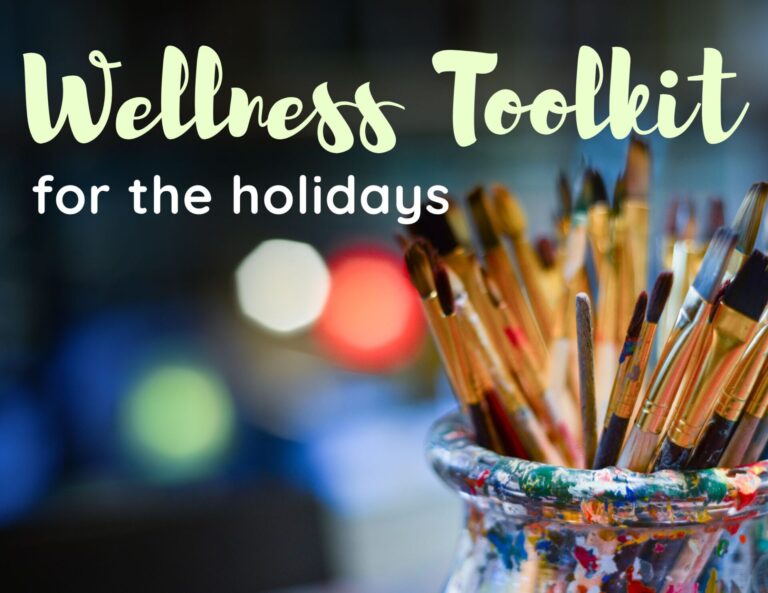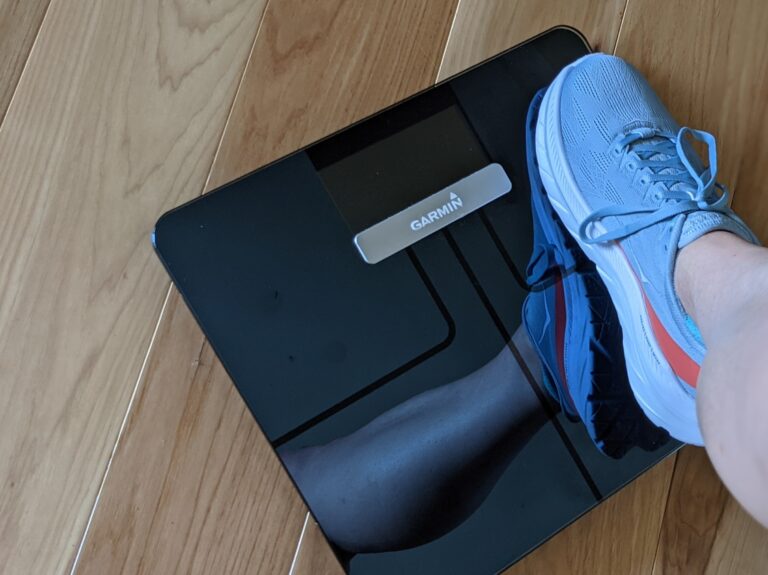This post may contain affiliate links. Read the full disclosure here.
10 Ways to Keep a Healthy Heart
President Lyndon B. Johnson issued the proclamation in 1964 for February to be American Heart Month. You can learn more about American Heart Month from the American Heart Association. Meanwhile, here are 10 ways to keep your heart healthy.
1. Measure Your Body Fat
Obesity is a worldwide epidemic. By measuring your body fat you get a better understanding of your risk for heart disease. Equipped with that knowledge, you can take meaningful action to improve your body composition. Knowledge is power, and knowing your numbers is the first step in admitting changes are needed.
2. Exercise
The American Heart Association recommends strength training at least twice per week.
Resistance training helps your body develop muscles needed for functioning in daily life. By lifting weights you build and keep muscles required to do the things you enjoy like playing with kids/grand-kids, riding a bike, gardening, or simply packing and unpacking your car for a trip.
The US Department of Health and Human Services recommends 150 minutes per week of moderate physical activity or 75 minutes of vigorous activity.
Moderate intensity activity examples include brisk walking, water aerobics, dancing, gardening, tennis (doubles) and slow biking. Vigorous intensity activity examples include hiking uphill, running, swimming laps, heavy yard work, tennis (singles), brisk cycling and jumping rope.
Multiple studies show that a brisk 15 minute walk can even cut cravings for chocolate in half. Also, walking reduces the impacts of obesity promoting genes, eases joint pain, boosts immune function, and improves your mental health.
3. Seek Accountability
If you would benefit from being accountable to another person, don’t be shy about asking for help. Find a family member, friend, or health coach you can trust and ask them to hold you accountable. A weekly check-in? Sharing your workout plan or meal plan? Verbalizing your goals? The chances are good that if you asked a friend, they could benefit from your help just the same. Accountability is a powerful motivator and helps people create and sustain healthy changes in their life.
4. Eat Smart
Structure your meals and snacks to include healthy foods that keep you feeling full for longer and are good for your heart. Try these:
- Use a smaller plate to help you control your portion sizes.
- Eat plenty of fruits and vegetables which are full of fiber and important vitamins and minerals.
- Eat whole grains wherever possible. Always check the ingredients. Just because something says “whole grain” doesn’t make it so. Look for the the first ingredients being “whole ___”.
- Incorporate a fiber supplement to your diet. Metamucil is a great choice.
- Limit saturated fats. Choose healthy fats like olive oil or canola oil when possible.
5. Drink More Water
Staying hydrated is important for heart health. Have you ever noticed your heart beats harder when you’re thirsty? That’s not an illusion, your heart does have to work harder when you are not properly hydrated.
If you are thirsty, you are already dehydrated. Don’t let yourself get thirsty. The best way to know if you’re drinking enough water is if the color of your urine is very pale yellow.
6. Be Aware of Caffeine Intake
Caffeine itself can improve heart health by helping the liver and increasing LDL (healthy cholesterol). At the same time caffeine also can aggravate heart issues by causing heart palpitations or an increased heart rate.
The recommended limit of caffeine per day is around 400mg. For reference on caffeine levels in drinks:
- 1 soda can – 30-40mg
- 8 oz cup of green or black tea – 30-50mg
- 8 oz cup of coffee – 80-100mg
- 8oz energy drinks – 40-250mg
If you notice yourself having trouble concentrating, feeling jittery, your heart beating faster than normal or high blood pressure, talk to your doctor right away. Caffeine may be a factor.
7. Moderate or Eliminate Alcohol
Alcohol can be a slippery slope for many and can lead to increased stress on your body and your heart. Alcohol is treated as a poison by our bodies. It is a carcinogen, can contribute to a host of other problems, and if misused can lead to anxiety, shame, guilt and depression. Moderate (or better yet, eliminate) alcohol for a healthier heart. If you or someone you love has a problem with alcohol, please reach out for help using online resources and community resources such as AA.
8. Get More Sleep
There’s a strong connection between mental health, sleep and overall physical health, specifically cardiovascular health.
American Heart Association
The American Heart Association recognizes the importance of a good night’s sleep for heart health. For most adults, 7-9 hrs is the recommended range. Just like most things, your need for sleep may not be the same as someone elses. Respect your body and your needs. By getting a good night’s rest you allow your body to heal, your brain to rest, reduce the amount of time you could be snacking, and improve your mood.
9. Be Kind
Be kind whenever possible. It is always possible.
Dalai Lama
Kindness helps your brain by boosting serotonin and dopamine which give you a feeling of satisfaction and well-being. You are actually training your brain to feel a reward when treating others (and yourself) with kindness.
Kindness has been shown to increase self-esteem, empathy and compassion, and improve mood. It can decrease blood pressure and cortisol, a stress hormone, which directly impacts stress levels.
Mayo Clinic Health Systems
Showing kindness to yourself is critical for heart health and overall well-being. We all have our internal monologue running constantly. Did you know you can control your monologue? Talk to yourself like you’d talk to someone you care deeply about. Treat yourself with the kindness, grace, and compassion that you would treat those you love. How you treat yourself directly impacts how you treat others. It builds confidence and helps you make better decisions.
10. Plan Your Meals
At our house we plan out our meals and pencil them in on the calendar for the week ahead. We use a shopping list app on our phone to share amongst the family (Our Groceries for those interested, it’s awesome) and add all the ingredients before going shopping so we have everything we need ahead of time. Another benefit of meal plan is saving money and lowering stress.
Just the act of writing things on the calendar communicates the plan and puts it in black and white so it’s stuck in your brain. It provides opportunity for family communication to so everyone has a voice in the discussion.
For some great suggestions, check out Mom’s Kitchen for some really healthy and delicious recipes. I know you’ll find some recipes that would be doable for you and your family. And they are already proven to be delicious. Leave us a comment, we love hearing from people who’ve tried Mom’s recipes!
Bottom Line
If you’ve ever heard the expression “Before you help others, Put on your own oxygen mask first” (maybe even from the airline attendant)? It means you have to take care of yourself before you take care of others. You owe it to yourself to be the most healthy you can be. In order to do that, you need to be honest about what areas you can improve in order to be there for the people you love. Take control of your heart health starting today. You’re the only one who can!







